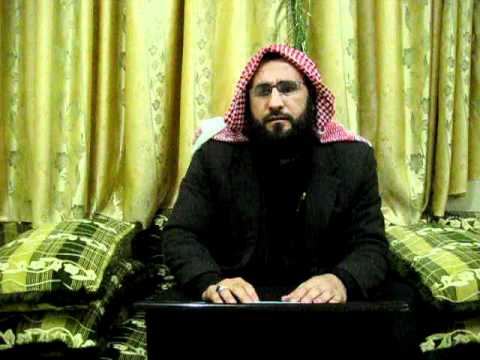Activists have circulated a photo of Aleppo's ceasefire mediator who has been accused of betraying Syrian rebels in the war-torn city for the regime, Russia and Iran.
A copy of the ceasefire agreement, obtained by Zaman al-Wasl, was signed by only four delegates; the regime’s head of security in Aleppo Zaid Saleh, Russian representative Vladimir Savchenko, a representative of rebel Farouq Brigades, and mediator Sheikh Omar al-Rahmoun.
In August 2016, Rahmoun’s shift from the side of the revolution to the regime shocked many, including his relatives and fellow locals in Hilfaya, with his brother, rebel leader Sami al-Rahmoun, denouncing his decision as apostasy.
It was reported that Sami, leader of one of the fiercest opposition factions, said about his brother’s choice: “I am sorry and very pained. My brother Omar Rahmoun returned to the regime committing an act of apostasy away from his folk and people. You shamed us Omar.”
But it appears the regime wanted Omar to prove his loyalty and pay the price of return. Aleppo was this test.
Omar Rahmoun was among the delegation of notables in Hama which met with Bashar al-Assad two months after the outbreak of the revolution. According to regime media reports on the talks, the sheikh left the meeting in good spirits.
Speaking to journalists at the time, Rahmoun said: “President Assad clarified that he knows that the protesters tore his photos in the streets, but it does not matter. He does not want prayers for him by force, he wants honest prayers to be heard by God, and it is most important (for him).”
Omar later moved between several opposition factions and formations, including the Abo al-Alamin Battalions (formed by his brother Sami), Ahrar al-Sham, Jaish al-Thuwar, and the opposition council in Hama and its countryside.
During this time Omar witnessed a number of battles, and was in contact with many military and political leaders.
Omar also lead Friday prayers for defected officers in a special camp across the border in Turkey. Videos of some of these speeches can still be found online.
Earlier this year, Omar was forced to leave Turkey for his ties to Jaish al-Thuwar, a move that would lead him to the Kurdish Peoples’ Protection Units (YPG) in Efrin and later to the Assad regime.
Interestingly, the mediator had announced since November 18 that, “Aleppo said goodbye to the revolution, there are only a few frills (remaining).” The comment was largely ignored, but the recent Aleppo agreement shows the danger of Omar’s impartiality.
As recently as December 11, Omar was reported as saying, “Aleppo city will return to the regime soon… talking about [alternatives] is empty talk.”
This article was edited by The Syrian Observer. Responsibility for the information and views set out in this article lies entirely with the author.


